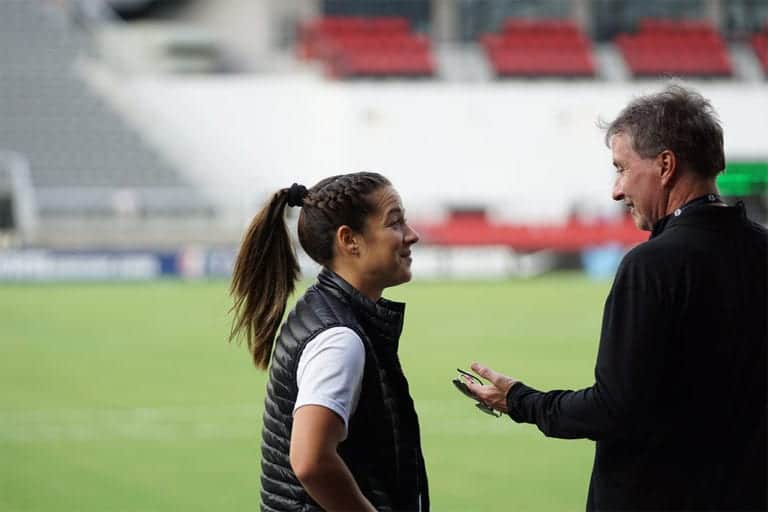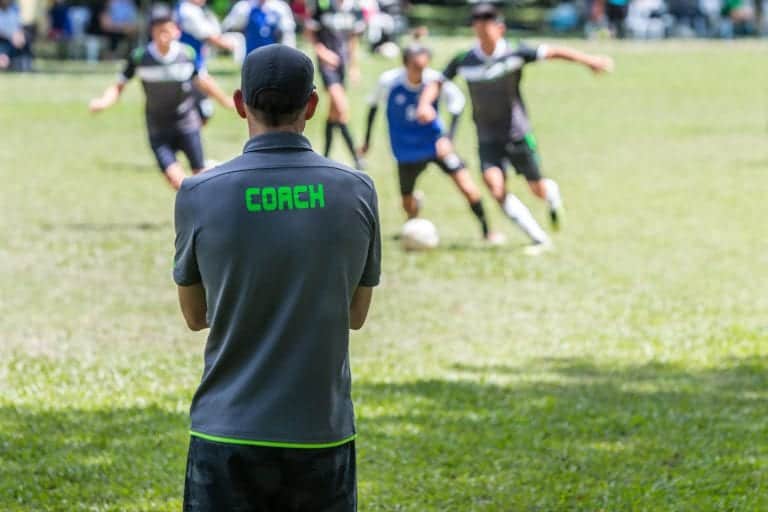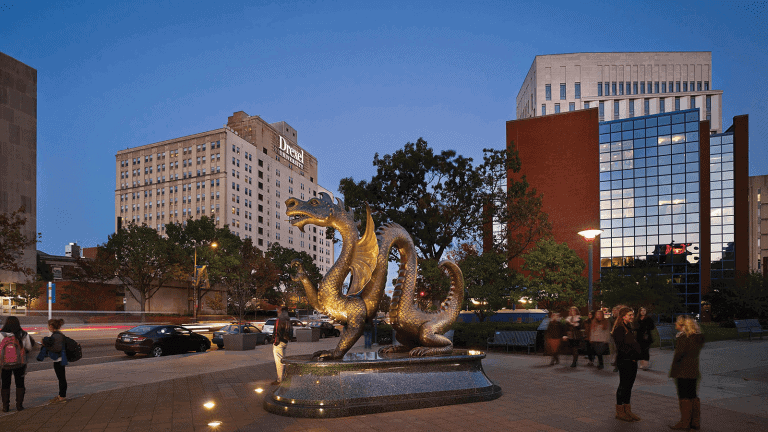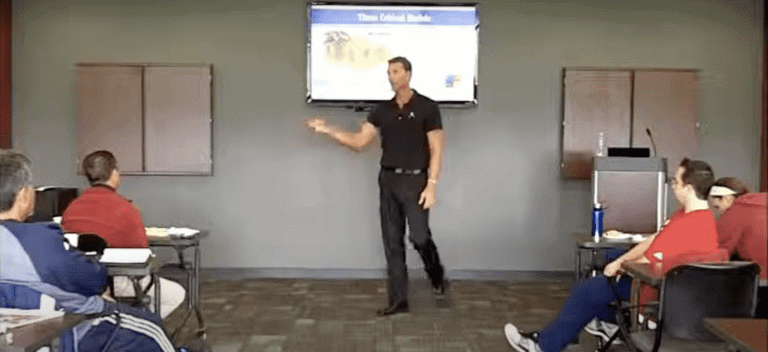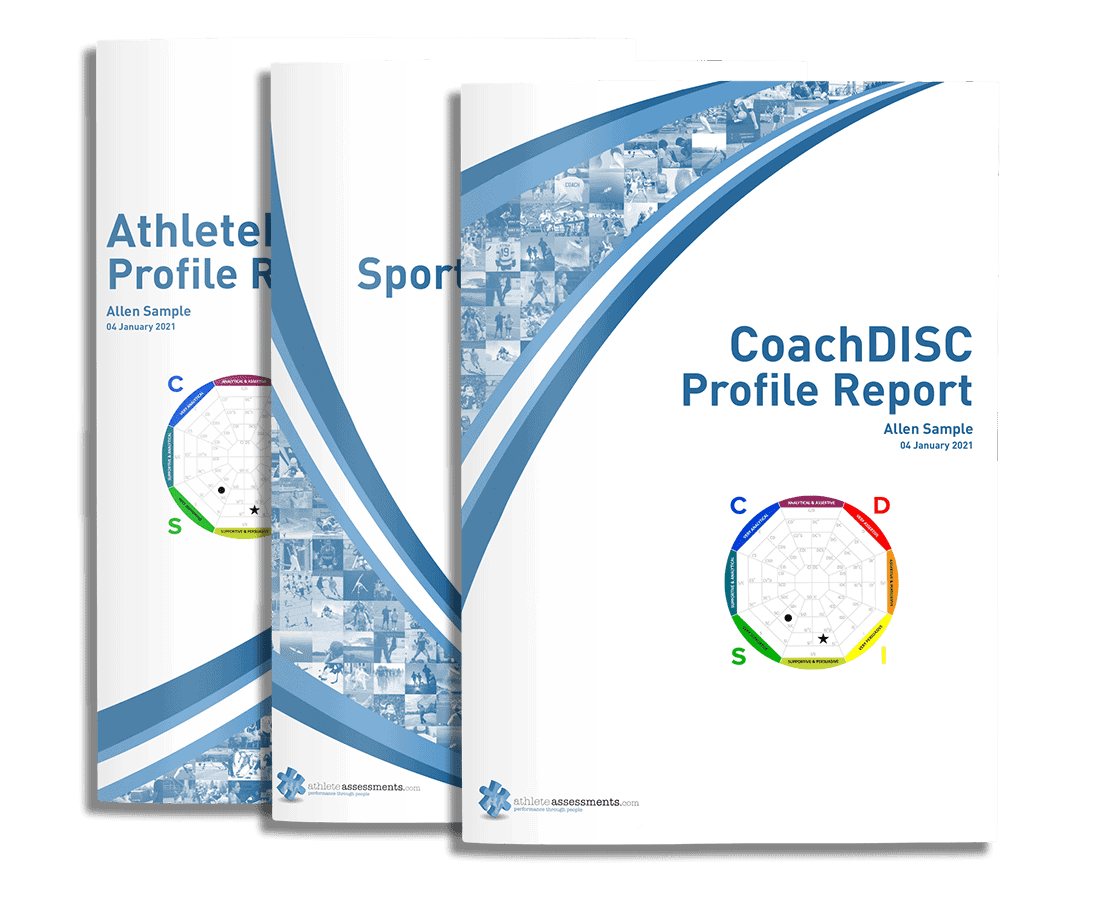In any career, the idea of suddenly leaping from your current industry where you have spent much of your professional life learning, developing, and excelling in, is a daunting thought. So what happens when you’re an elite athlete who has dedicated your life to your sport, from childhood to adulthood, and you’re now faced with the decision of what to do next? The concept of ‘Athlete Transition’ describes exactly this point in an athlete’s life, where they are now faced with dealing with the challenge of no longer being an elite athlete, whether from a sudden injury or retirement from a professional league, being dropped, or even at the end of a college sporting career.
To help us unpack the concept and provide insights into the tools that have helped athletes through the transition process, we called on experienced experts. This article shares collective thoughts from former COO of AthLife, Carrie White; Head Coach of Syracuse University Field Hockey, Ange Bradley; Director of Social Justice and Football Development for the Los Angeles Rams, Johnathan Franklin; and Mental Performance Coach, Bob Tewksbury; along with CEO of Athlete Assessments, Liz Masen.
More often, we are seeing athletes who have not prepared for the next stage of their life while still competing, struggling to make the transition as they are left with a feeling of not knowing themselves outside of their sporting ability.
AthLife is an organization which services the education, career development, and life skill needs of athletes and guides them through the process to builds skills and confidence to enable them to assume control over their ongoing career development both during and after sport.
Carrie White, joined the organization as COO in 2013, remaining with the company until May of this year, before taking on a new role with the United States Olympic and Paralympic Committee. As someone who has been so involved with athletes at their critical transition process she shared,
So often with the professional athletes we work with, they don’t choose to retire, their careers often end before they thought it would. Traditionally the following period of transition is a challenging time as their exploration of career options is often viewed as a stop-start sequence. We try to help them be prepared for life after sport, because eventually what they’re doing as a professional athlete is going to end and we want to help them find success in whatever comes next.
Carrie added,
“The best way, I think we can assist athletes is to help them prepare for their transition while they’re active, we call it a parallel path. It’s not plan B because it’s going to happen, so we try to get in with athletes as early as we can to help them start creating their path. A huge part of helping them through the transition is doing a lot of self-awareness exploration. Identifying their strengths, their values, what’s important to them, and identifying, what their what is.”
Johnathan Franklin offers the perspective from an athlete who went through his own early transition following a career-ending injury. Just 12 weeks into his first season in the NFL, his career came to an abrupt close after being hit on the crown of his helmet mid-game. Johnathan announced his retirement one month after the injury, of the experience he shared,
“All you know is football, that’s all you prepare for. When I had to retire it was scary, because football was my identity, it was my life, and I was losing that.”
But less than a month after retiring Johnathan was interning for the organization he played for, the Green Bay Packers, which ultimately kickstarted his career trajectory after sport (to learn more about Johnathan’s personal pathway to success, we’ve written an entire article on it).
Focusing on the transition period and the feeling that came with it, Johnathan shared his advice for athletes going through it,
“When sport ends it’s hard, there hasn’t been one person I’ve spoken to that has not had a tough time transitioning. I think firstly, being vulnerable and knowing that it’s okay to admit that you’re having a hard time. It’s also important to having a core group of people around you who can give perspective and to know you’re not doing it alone, professionally, or personally. I think, as I look back, these played a huge role in helping my transition, and really grow to where I am today.”
One of the people who most often appears in an athlete’s core group is their coach, and the role they play in setting their athlete up for post-sport success is critical. Ange Bradley is in her 13th season as Head Field Hockey Coach at Syracuse University, and in her time there she has transformed it into one of the United States’ top college programs. In 2015, the team’s success reached its peak, winning their first National Championship in program history and first national title by any women’s program at Syracuse University. Having been awarded the NFHCA National Coach of the Year honors twice in her career, Ange coaches her team to more than just on-field success.
Ange is a strong believer that coaches need to be aware of how they can support their athletes with a transition plan and that the collegiate level is a critical point in time to do this. Some athletes may graduate college into being a professional athlete full-time, whereas others may find themselves without a next step in sport. Without a transition plan in place these are left wondering what to do next and how to figure it out.
Sharing more about her philosophy as a coach, Ange said,
“It’s about helping your athletes through their journey of self-discovery, and that’s what I think is so great about sport. It’s part of coaching but I also think of myself as a teacher in those terms, being able to expose them to the opportunity to know themselves is just one of the greatest gifts you can give them and the world.”
Bob Tewksbury is a Sport Psychologist and Certified Mental Performance Coach, who spent 18 years as a professional athlete in Major League Baseball. As someone who now plays a leading role in supporting the development and enhancement of athlete performances, Bob described his own transition experience following retirement after almost two decades in the game. He shared,
“The transition from being an athlete to a retired athlete, is difficult and I thought it would be easier than it was. The first year was great, but the years after when I was back working in the game as a consultant, were really hard until I came to accept that I wasn’t playing anymore. It took time because you’re working in an industry you got out of, so there’s a lot of triggers that happen, particularly seeing players you played with or played against that are still playing. Whereas I think if I had gone into another whole field, it would have been a little bit easier, at least in those initial stages.”
We asked Bob whether he had thought much about life after the Major League, or if it was spoken about it with him,
“There wasn’t really much thought about what I would do next until towards the end. I knew that I wanted to finish my undergrad, but I had no idea what I wanted to do, so at 38 I went back to school taking correspondence courses and then went back to graduate school. It wasn’t until I was 44 that I went back and finished my graduate degree which ultimately landed me where I am today. I was working with the Red Sox as a consultant and I met a guy that was doing sport psychology at Boston University and I thought, I have a professional resume and if I can get my education, maybe I could carve my own niche here, and that’s exactly what happened.”
(There’s so much more to unpack from Bob’s post-athlete career, which you can read about here)
One of the constants across what each of our clients have shared, is the critical role self-awareness and having a support system offering outside perspectives plays in any athlete’s transition. They each touched on the importance of knowing your strengths, having confidence in your skillset, and having the foundation to be able to effectively communicate with others outside of your sport. Athlete Assessments’ suite of DISC Profiling tools are an efficient way to gain an understanding of ourselves, or create and further self-awareness, which is a foundational starting point for a successful athlete transition.
Athlete Assessments’ DISC Profiles provide a detailed, personalized report outlining an individual’s strengths, along with insights into their style of communicating, way of approaching tasks, and how they build relationships with the people around them. The reports detail an individual’s preferred and non-preferred behaviors through a four-quadrant model which shows degrees of behavior, acknowledging the adaptable nature of behavior. Importantly, Athlete Assessments’ DISC Profiles also offer an insight into what an individual needs to be successful in their chosen endeavor, often confirming or enhancing their understanding of self, while also uncovering potentially unseen strengths or blindspots in their awareness.
Carrie shared how AthLife uses Athlete Assessments’ DISC Profiles with athletes in their service,
“When we use DISC Profiling with athletes in their transition phase, it’s more about awareness and realizing how your behaviors impact outcomes, and then how you modify those behaviors to get to the outcomes you want. I think the a-ha moment for them is often in starting to think about their own style, how it impacted them as a player, and then starting to think about how would that impact me in a career that I choose? It’s so impactful for me to watch them start to work through that exercise of self-awareness and start to see themselves as a professional beyond being a professional athlete.’
(If you would like to read more about Carrie and AthLife, read our article highlighting their work.)
CEO of Athlete Assessments, Liz Masen shared, “From our perspective, an athlete’s transition into a different career, should really be about harnessing all of the great skills that they developed as an athlete, and then applying them in a different environment. DISC Profiling helps in making that effective transition because an athlete can go, ‘so when I was in the team, this is how I contributed’.
Liz continued,
“This is particularly useful in the interviewing process as from an interviewer’s point of view, having a candidate that says, ‘this is what I know about myself, this is one of my strengths, this is how I demonstrated it within my team, and in the role we are discussing I can see myself contributing in this way.’ As an interviewer you can hear their level of self-awareness and understanding, how genuine it is, which is just so valuable.”
Ange added to Liz’s point saying,
“DISC Profiling simplifies things and makes it really clear to help the kids, and I love when they come back and say, ‘Hey, I interviewed for this job and was able to refer to my DISC, or I’m in a business class and they’re talking about it.’ It’s really rewarding to be able to see them take that into the workforce, being able to talk about and build on their strengths, it’s a great talking point in interviews.”
Using tools like Athlete Assessments’ DISC Profiles during an athlete’s career, or even using our business version of DISC if they have reached the end point and begun the transition, means when an athlete transitions into a business-like environment where they are part of a team or chain of command, they already understand the language and can recognize behavior in themselves and others. As Ange, Johnathan, Carrie, Bob, and Liz have shared, the benefits of using DISC with athletes throughout their sporting career and into their transition apply from finding the right type of career for them, improving the recruitment process, and even in their own confidence of understanding themselves, their strengths, and areas where adaptations might be needed. But ultimately it provides them with the ability work better with others, improve communication and build more effective relationships, no matter the team or role they are in.
To conclude we wanted to end on a piece of wisdom that Liz shared about Founder of Athlete Assessments, Bo Hanson’s own transition from being an athlete, “Something we focused on together was not making the assumption that what Bo had achieved in his years as an Olympic Athlete was going to be his most valuable contribution to the world. That is a contribution, but what was ahead could be even more valuable.”
Where to from here?
No matter your endeavor in sport, your athletes, staff, coaches, or clients, rely on you to bring them reliable and tested tools to put them at the top of their current field and set them up for the next. Athlete Assessments’ DISC Profiles can help make the transition from a career in sport, into the next stage of life, whether in or out of sport, a smoother one.
If you would like to discuss how Athlete Assessments can contribute to your people, program, or initiative through the use of our DISC Profiles and tailored programs, we encourage you to reach out and contact us.
LOVE THIS ARTICLE?
DOWNLOAD YOUR FREE, PRINTABLE PDF COPY BY FILLING OUT THE FORM BELOW!
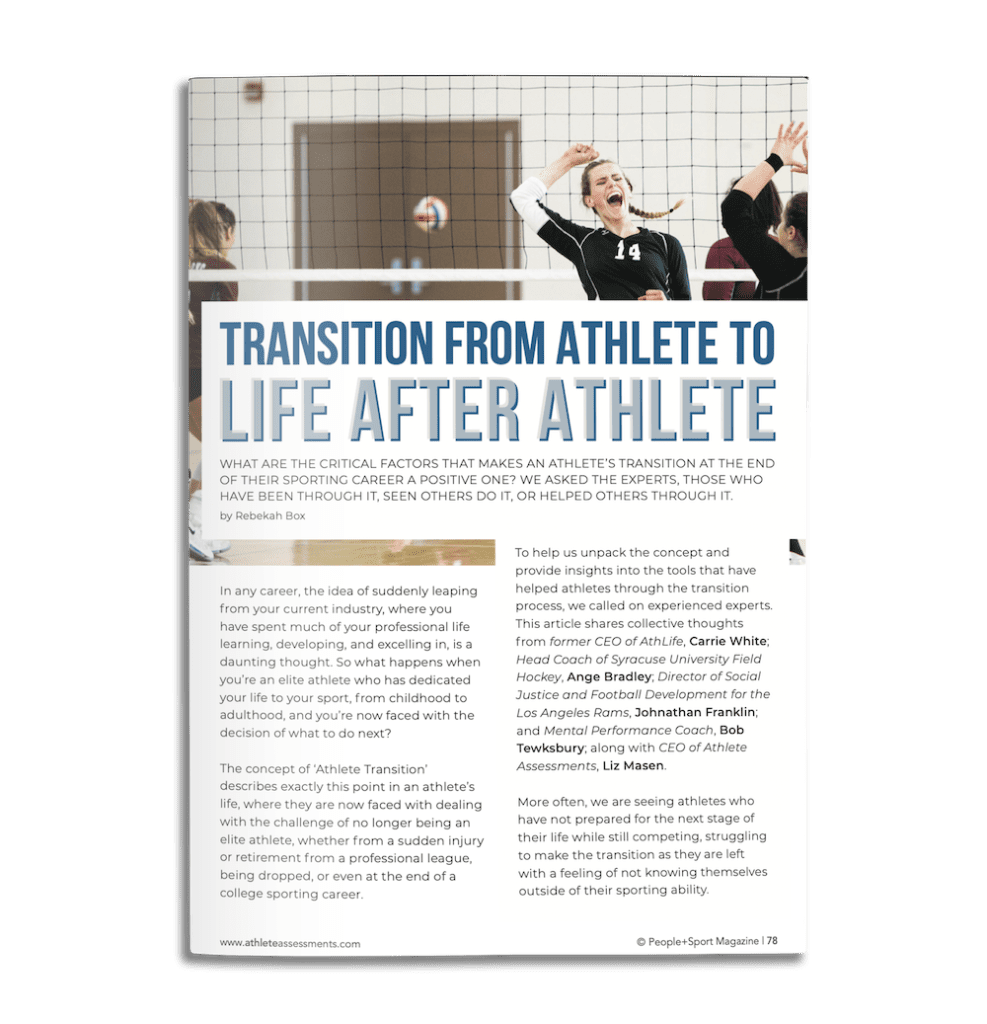
Recommended Articles
In any industry, recruiting the right person to join your team is a challenging task, but when done right can be extremely rewarding. We spoke to a panel of head coaches who are experts in recruiting assistant coaches for their own programs. Think of this as the how-to for recruiting the right assistant coach, the effects it has on team culture, and why it’s part of a head coach’s role to get it right.
When we look at leaders in any endeavor, we often see their success critically defined by their leadership philosophy, and when it comes to sport coaches it is exactly the same. Having a defined coaching philosophy is key to effective coaching (and leadership), but the process of developing and understanding your own philosophy is often sidelined. When your team relies on your performance as a coach as much as they do on technical execution for achieving a winning outcome, this process is a priority.
Dedicated to his profession, four-time Olympic coach, now Program Director, Dr. Cam Kiosoglous focuses his commitment to build the depth of alignment between coaching research and coaching in practice through Drexel University's Master of Science in Sport Coaching Leadership.
In this video clip, Bo Hanson discusses the difference between coaches having their natural coaching styles and their adaptive coaching styles. He covers how coaches can utilize sport coach adaptability and adapt their behaviors to coach to the needs of the individual athletes, based on their DISC Style.


